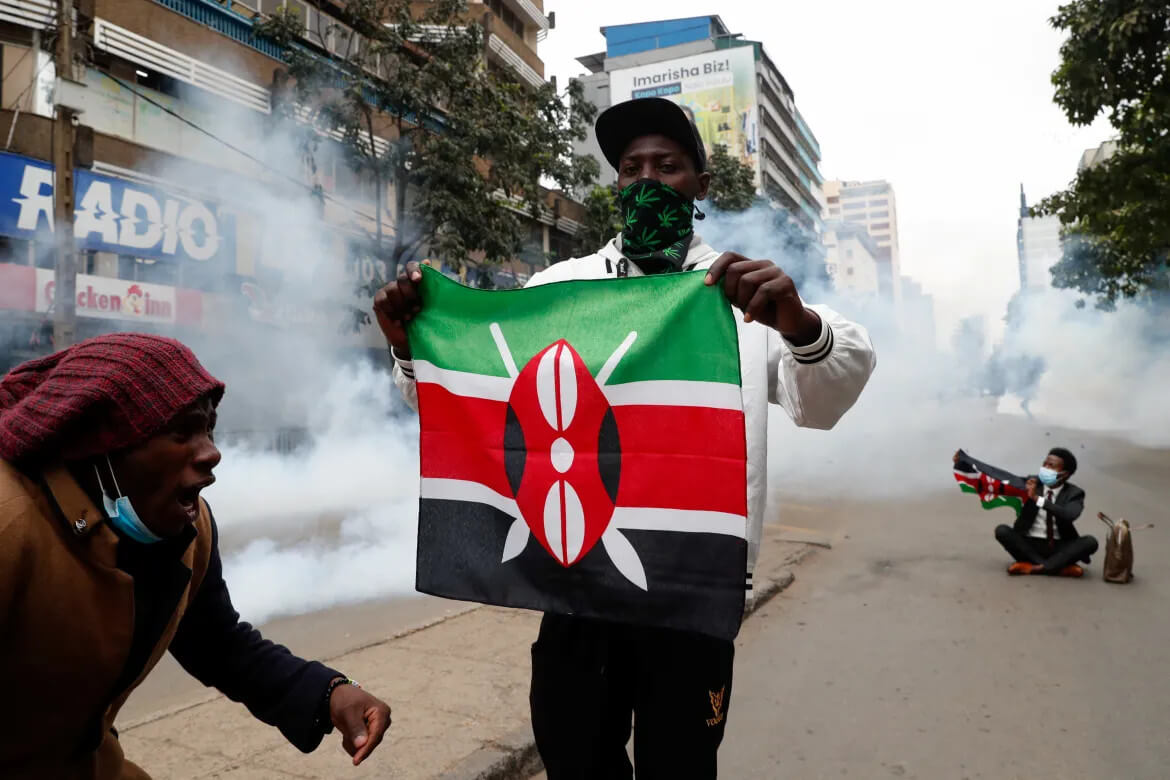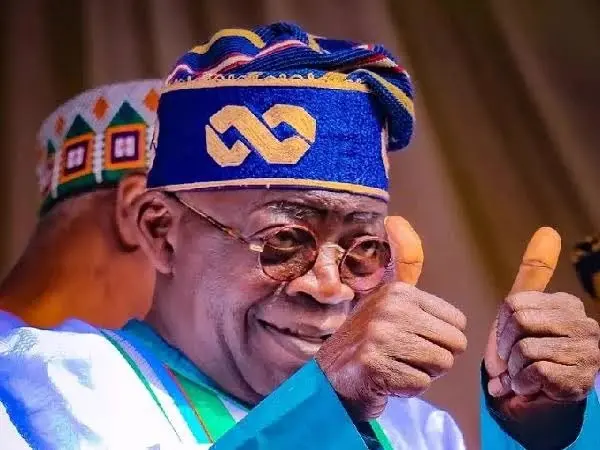ADC Coalition Faces Scrutiny Over Political Motives and Governance Vision
Nigeria’s opposition politicians have formed a new coalition under the African Democratic Congress (ADC), but critics question whether the alliance represents genuine political reform or opportunistic power-seeking.
Political analysts describe the ADC coalition as a weak replica of the All Progressives Congress (APC) merger that brought President Buhari to power in 2015. The emerging partnership reportedly lacks a comprehensive strategy for addressing Nigeria’s economic challenges and social issues.
Opposition leaders behind the coalition have not released detailed policy frameworks or specific plans for national development. This absence of concrete proposals raises concerns about the group’s readiness to govern effectively if given the opportunity.
The timing of the coalition’s formation suggests strategic positioning ahead of future electoral cycles. However, political observers note that successful governance requires more than electoral ambition—it demands clear vision and actionable policies.
Nigeria’s political landscape has witnessed several coalition attempts in recent years, with mixed results. The APC’s 2013 merger successfully challenged the ruling People’s Democratic Party (PDP) but faced criticism for internal divisions after gaining power.
The ADC coalition must demonstrate substantive policy alternatives to convince voters of its legitimacy. Without addressing unemployment, inflation, and security challenges through detailed proposals, the alliance risks being dismissed as another political arrangement focused on power rather than public service.
Citizens increasingly demand accountability and concrete solutions from political movements seeking their support.










